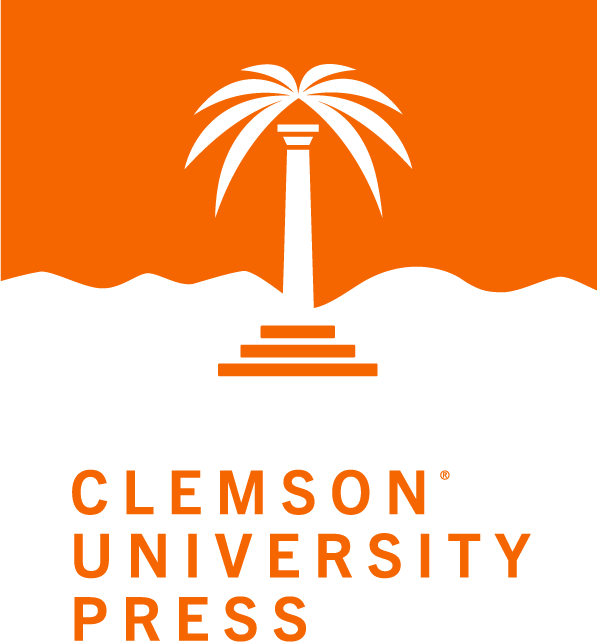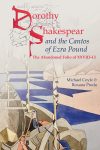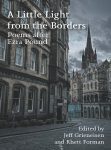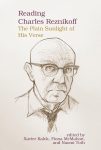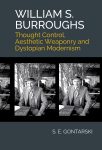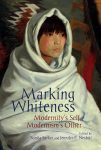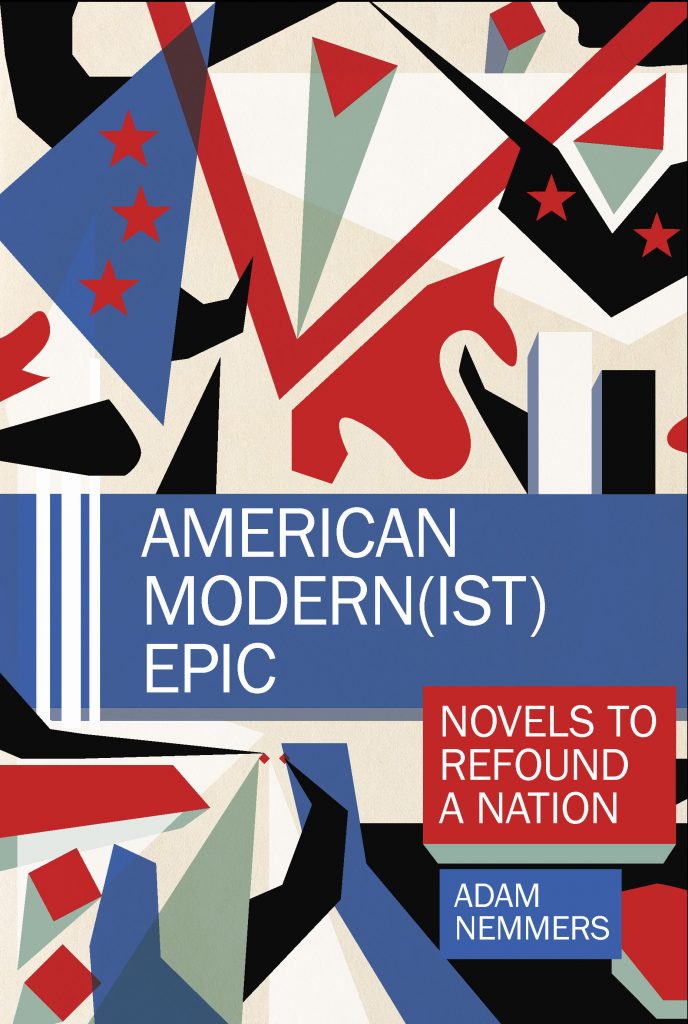American Modern(ist) Epic
Novels to Refound a Nation
Adam Nemmers
American Modern(ist) Epic argues that during the 1920s and ’30s a cadre of minority novelists revitalized the classic epic form in an effort to recast the United States according to modern, diverse, and pluralistic grounds. Rather than adhere to the reification of static culture (as did ancient verse epic), in their prose epics Gertrude Stein and John Dos Passos utilized recursion, bricolage, and polyphony to represent the multifarious immediacy and movement of the modern world. Meanwhile, H. T. Tsiang and Richard Wright created absurd and insipid anti-heroes for their epics, contesting the hegemony of Anglo and capitalist dominance in the United States. In all, I posit, these modern(ist) epic novels undermined and revised the foundational ideology of the United States, contesting notions of individualism, progress, and racial hegemony while modernizing the epic form in an effort to refound the nation. The marriage of this classical form to modernist principles produced transcendent literature and offered a strenuous challenge to the interwar status quo, yet ultimately proved a failure: longstanding American ideology was simply too fixed and widespread to be entirely dislodged.
About the Author
Adam Nemmers is Assistant Professor of English at Lamar University in Beaumont, Texas, where he teaches courses in American literature. His research focuses on modernism and multi-ethnic American literature, including recent essays and articles on Passing, Richard Wright, Faulkner, and radio drama. His forthcoming published work will include essays and articles on American protest literature, Southern matriarchy, and the Midwestern Ecogothic; an anthology of Transatlantic literature across the long nineteenth century; and a monograph on American modernism and the epic. He is currently at work on a book project about the public display of Black bodies in American literature.
